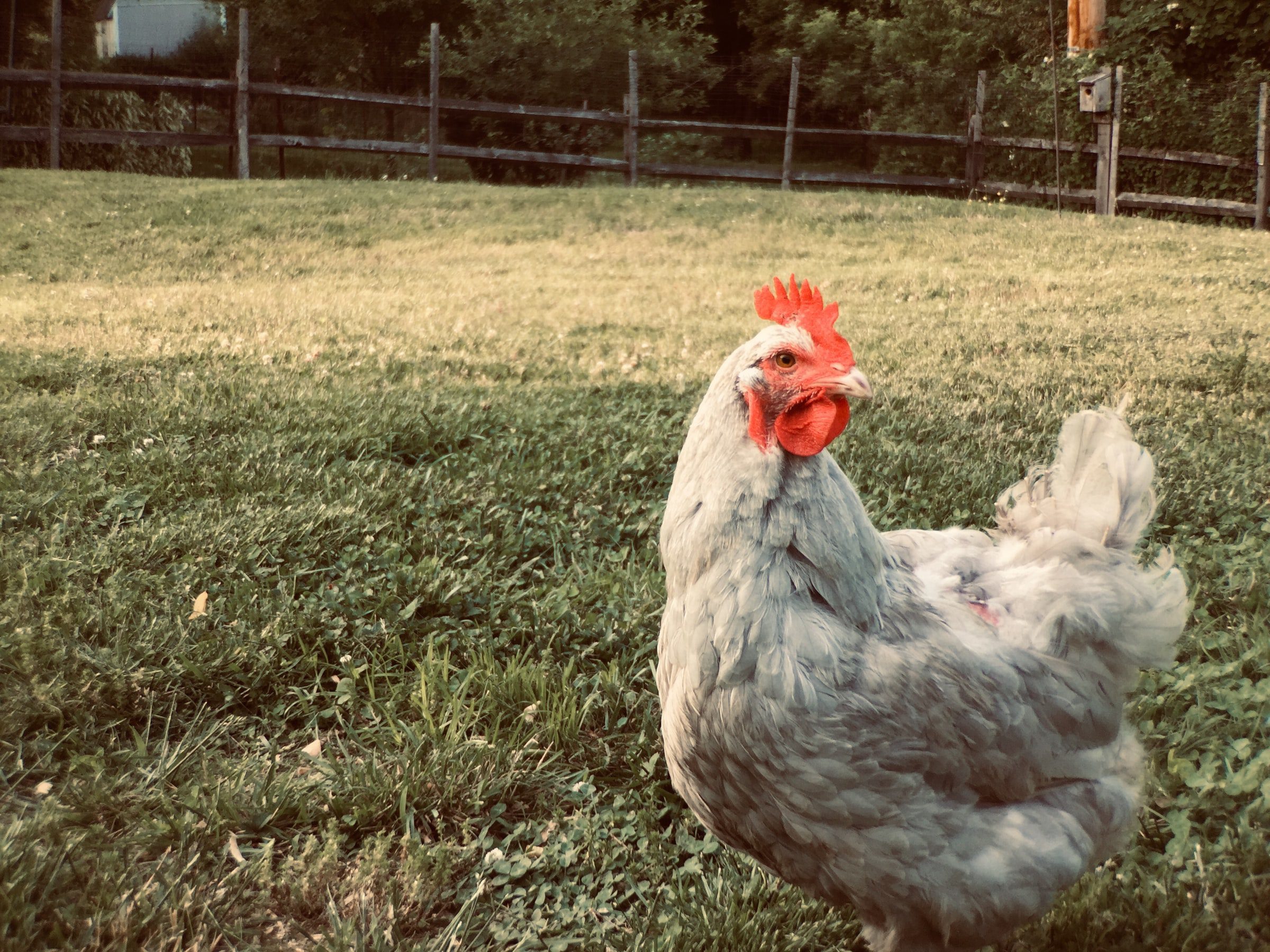As the nation’s shops, restaurants, and offices slowly begin to phase out of restrictions of a decreasing pandemic, it seems that the fear and uncertainty that many of us experienced nearly one year ago is quickly giving way to a growing sense of public optimism. While that hope for the future is certainly welcome, it is important to remember that for many Americans, the rare silver lining throughout the last year was the amount of time they could now afford to dedicate to their dogs and cats during the work-from-home transition. Many people who hadn’t previously been pet owners decided to try it out. As adoptions for dogs and cats increased, shelters began running out of furry friends and started waitlists. Many people began to look beyond fur and opt for feathers, giving way to a new trend of ‘poultry adoption.’
You heard that right. People are adopting–or renting–farm chickens and in record numbers. All over the country, from places like Montague, Michigan to Dallas, Texas, people are flocking to the many chicken rental services hatched in response to the emergence of a widespread stay-at-home lifestyle. In a bizarre turn of events, most of these rental operations are run by farmers, who for the first time are experiencing what it’s like to be giving live birds to the public, rather than simply selling the eggs those birds produce. With the supply of more conventional family pets dwindling, people from all walks of life are getting acclimated to the pressures of poultry ownership. Part of the mission farmers have is for these newly interested caretakers to, as Leslie Bond Strychar puts it, “know where your food comes from.”
Leslie Bond Strychar is the proud owner of Happy Acres Farm in Montague, Michigan. “When I heard about it, I thought it was equal parts genius and ridiculous,” she said. “But I knew I wanted in.” As the Happy Acres poultry adoption program begins its third year of operation, the process is looking to be more efficient and easy-to-use than ever, which is essential for adjusting to the surge in demand. Once all paperwork is in order, Happy Acres offers a robust setup package. In addition to providing the food, a chicken coop, and two hens, Leslie will then spend the day teaching the new owners about every detail involved in caring for the chickens, and will make sure the animals can adapt to the transition from farm to household.
One thing owners must be prepared for is the fact that the chickens do indeed lay eggs–lots of eggs. “The chickens will lay up to twelve eggs a week,” says Leslie, who believes it to be a selling point for individuals worried about limiting their trips outside of home as much as possible. “You don’t have to worry about going to the grocery store that day; you can just go to your backyard,”quipped Leslie.
The size of chicken rental operations varies significantly from place to place. Some, like Happy Acres Farm, are the only service within a wide area. Others like Rent The Chicken have dozens of locations and even stretch across the border into Canadian territories like Alberta and Ontario. Some have even opened in the United Kingdom, where businesses like HenPals have seen as much as a 900% increase in poultry adoption interest. Many have been forced to follow the same path as the more conventional pet adoption agencies and put hopeful chicken parents on a waitlist.
As for why there is so much enthusiasm for chickens, as opposed to other farm animals like pigs or goats, it is likely due to a combination of factors. First, there is space, chickens take up little space beyond their coop and a small run area. Second, is the difficulty level. Chickens need far less attention than other farm animals.
“As long as you’re giving them proper food and water with a secure coop and run, they do fine,” says Tracy Zahn, co-owner of Missouri-based The Easy Chicken.
For James Crook, what initially began as an excuse for his family to spend more time in their garden quickly became a daily meditative exercise. “There’s something quite idyllic about collecting your eggs and tending to your hens,” says James, who had been on a waiting list for months. “I think they have a calming influence as well.”





